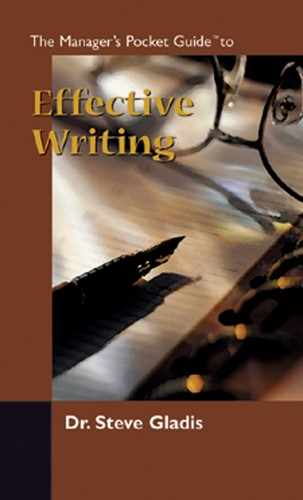Purpose gives direction to your work and life. If you decide to run in marathons, you’ll immediately begin to run progressively more miles, get more sleep, improve your eating habits, and perhaps read running magazines. Your decision to run in marathons gives you direction. In writing, it is the same: You must develop a central focus (or thesis, as it’s called in writing) to set you on your hunting path.
Let’s say your initial idea was simply computers. Without focus, your hunt would involve interviewing thousands of people and reading hundreds, maybe even thousands, of books and periodicals, not to mention scouring Internet material. Who knows if you’d ever get anywhere. Your focus would be considerably narrowed if you had chosen “computers at work,” though this, too, is still a very rough idea. In hunting for your thesis, you’d no longer need to worry about video games or home applications—you’d eliminate much of your research.
If you can refine your search to a single focus, you’ll have developed a thesis statement and will be well on the way to successful hunting. You might try as a potential thesis statement: “Certain personal computer applications in the training office would make the office more effective and efficient.” Can you see how this statement makes your purpose more direct and clear than the initial one of computers? You’ve merely narrowed the focus.
To refine your ideas and develop your thesis statement, you should ask yourself: “What am I trying to do (or to prove) in this piece of writing?” If you find it difficult to write a developed thesis, try talking it out with someone—rehearse your purpose. Indeed, some people come to writing through oral communication. As you explain your paper to a friend or spouse, you’ll begin to connect your ideas, which will help you put them into a single provable statement: your thesis statement.
Does this mean that you can’t change this newly developed thesis statement? No. You’ll revise this one as you learn new information, but eventually you will find a statement that exactly suits your purpose. Also, when you begin hunting, don’t worry if you’re not sure what you’re looking for. Most writers start off blindly, discovering their path along the way. So, you can begin interviewing with only a mini-thesis in mind. The sooner you develop your specific point of focus, however, the more efficiently you will be able to interview, and the faster your writing will go.
